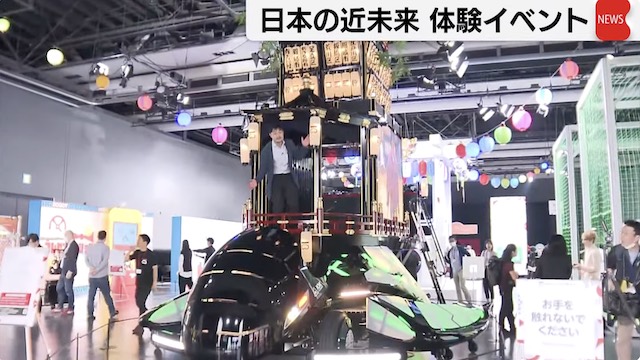Nov 20 (Japan Times) - The Lower House signed off Tuesday on a trade deal with the United States that cuts tariffs on farm and industrial products, taking a step toward its entry into force next year.
The approval means the agreement, reached by Prime Minister Shinzo Abe and U.S. President Donald Trump in late September, now moves to the Upper House.
The ruling Liberal Democratic Party and coalition partner Komeito are aiming to ratify the trade deal before end of the current Diet session on Dec. 9.
That would allow them to accommodate Washington’s push for it to enter into force on Jan. 1.
Under the deal, Japan will gradually lower its 38.5 percent tariff on U.S. beef to 9 percent, and remove or reduce its tariffs on U.S. pork.
Other American products, including cheese, wine and wheat, will also gain greater access to the Japanese market.
The United States, for its part, will remove or reduce tariffs on some types of manufacturing equipment as well as for other industrial products, including parts for air conditioners and trains from Japan.










